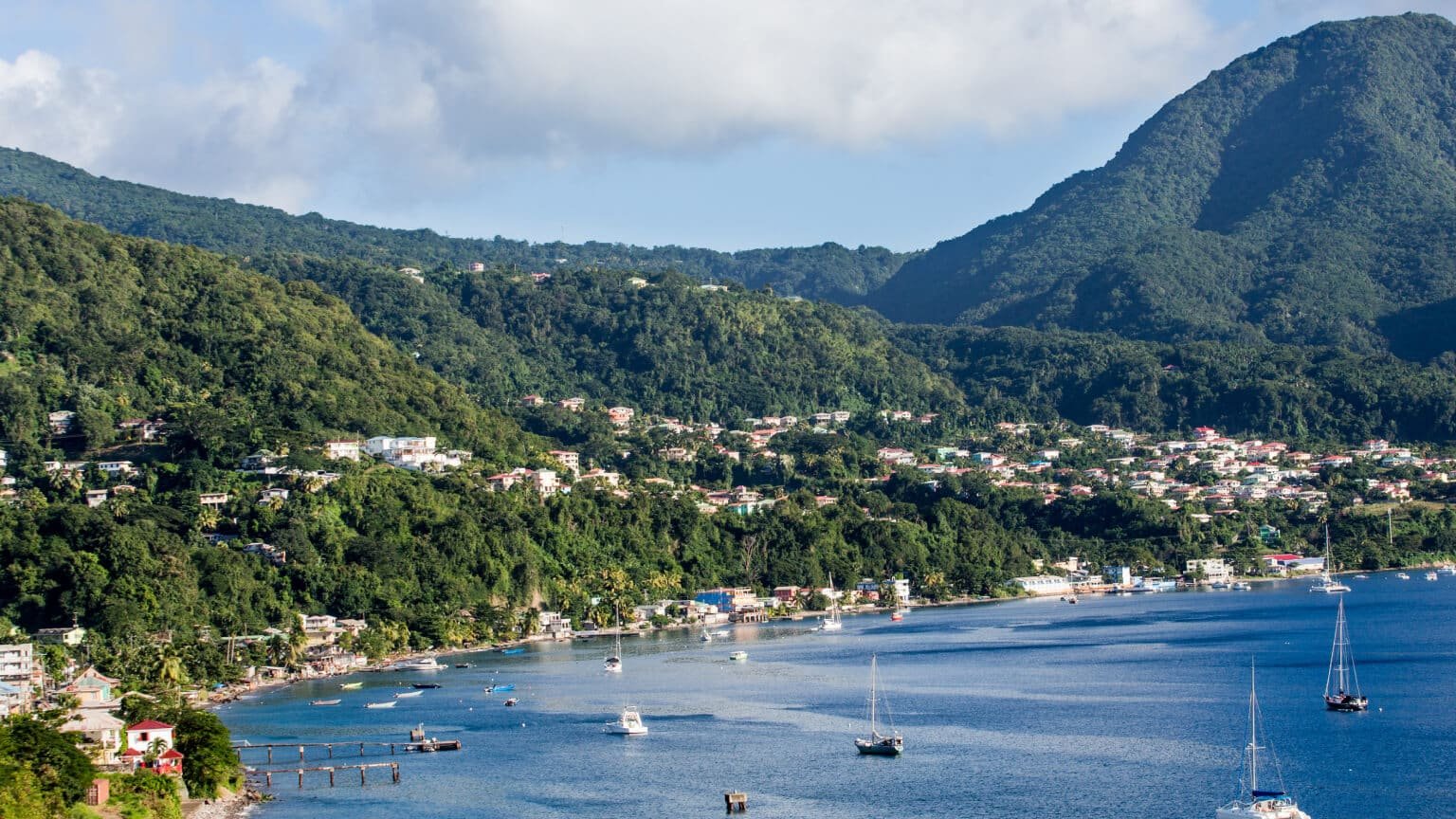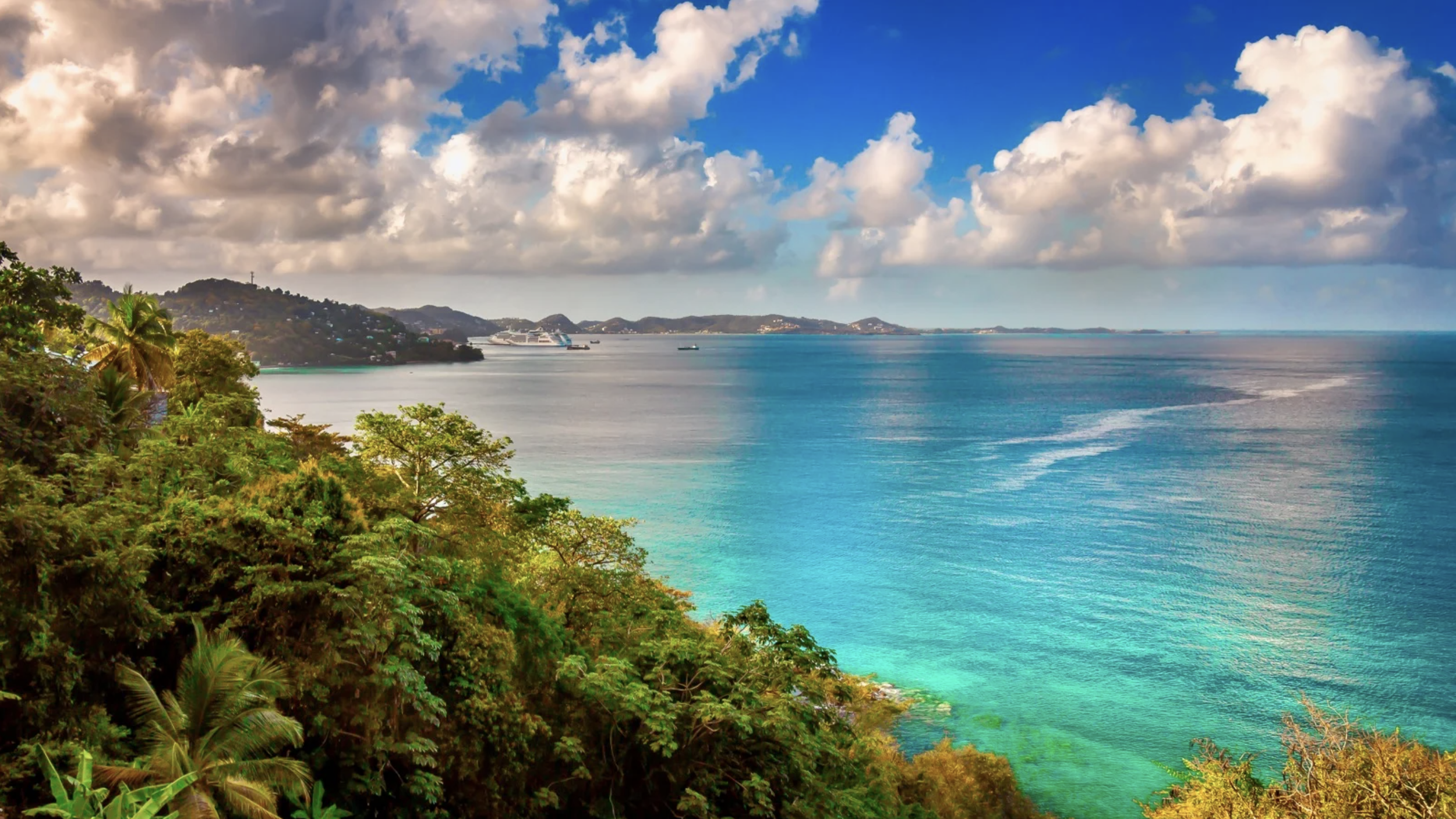Citizenship By Investment: Caribbean Overview, 2024 Guide
Citizenship by Investment in the Caribbean
Citizenship by Investment is becoming increasingly attractive for HNWIs and wealthy families worldwide. These programs enable foreign investors to acquire citizenship and a passport by investing in the country’s economy. Investors can choose from different investment options, such as real estate, government bonds, or donations to a national fund. In exchange, investors can obtain citizenship and a passport, granting them several benefits, including visa-free travel and access to new business opportunities.
This article will discuss the 5 Caribbean citizenship by investment programs and their benefits.
Antigua and Barbuda — Popular Option for Famlies
Citizenship by Investment in Antigua and Barbuda
The Antigua and Barbuda Citizenship by Investment Program was established in 2013, making it one of the newer programs in the Caribbean. Considered of the premium options by many, the Antigua and Barbuda CIP program allows foreign investors to obtain citizenship by making a minimum investment of $100,000+ fees in the country’s National Development Fund or by investing a minimum of $400,000 in pre-approved real estate projects. Investors can also choose to invest in an existing business or start a new business in the country, provided they meet specific criteria.
Antigua and Barbuda’s passport is ranked 31st globally, allowing visa-free access to 150 countries. Like other Caribbean Citizenship by Investment programs, Antigua is a CARICOM member state, providing access to live, work, and invest with ease in other islands in the Caribbean, including Barbados, The Bahamas, Jamaica, and even some British Overseas Territories such as Montserrat.
Shirley Heights in Antigua and Barbuda
The Antigua and Barbuda program has attracted significant foreign investors and real estate developers to the islands, with several successful approved pre-construction developments, such as Tamarind Hills, Galley Bay Heights, and Barbuda Ocean Club. The program has also helped attract many HNWIs and wealthy families to this two islands nation.
Dominica — The Lowest Cost Option
Citizenship by Investment in Dominica
The Dominica Citizenship by Investment Program started in 1993, making it the second oldest program in the Caribbean. The program allows foreign investors to obtain citizenship by making a minimum investment of $100,000 in the country’s Economic Diversification Fund or investing a minimum of $200,000 in pre-approved real estate projects. Investors can also choose to invest in an existing business or start a new business in the country, provided they meet specific criteria.
The Dominica program has had some challenges, specifically after being featured in a 60 Minutes episode on CBS exposing a lack of due diligence. However, these problems are behind them, and the Dominica Citizenship by Investment program is now considered reputable by the investment migration community and has been working with the EU and OECD to improve its due diligence process.
Coastline in the Island of Dominica
Due to its program’s low cost, it has attracted foreign investment, with a significant portion of the assets going toward the country’s infrastructure, including roads, schools, and hospitals. The program has also helped to boost the economy, creating job opportunities and increasing the government’s revenue. In addition, Dominica’s passport is ranked 39th globally, allowing visa-free access to 137 countries.
Grenada — E5 Visa for US Access
Citizenship by Investment in Grenada
The Grenada Citizenship by Investment Program was launched in 2013, making it one of the newer programs in the Caribbean. The program allows foreign investors to obtain citizenship by making a minimum investment of $150,000 in the country’s National Transformation Fund or investing a minimum of $350,000 in pre-approved real estate projects. Investors can also choose to invest in an existing business or start a new business in the country, provided they meet specific criteria.
Citizenship by Investment in Grenada
The Grenada program has been successful in attracting foreign investment, with a significant portion of the investments going toward the country’s tourism industry. The program has also helped to boost the economy, creating job opportunities and increasing the government’s revenue. Grenada’s passport is ranked 33rd globally, allowing visa-free access to 147 countries.
St. Kitts and Nevis — The Grandfather of Citizenship by Investment
Citizenship by Investment in St. Kitts and Nevis
St. Kitts and Nevis started their Citizenship by Investment Program in 1984, making it the first investment migration program in the world. The program allows foreign investors to obtain citizenship by making a minimum investment of $150,000 in the country’s Sustainable Growth Fund or investing a minimum of $200,000 in pre-approved real estate projects. Investors can also choose to invest in an existing business or start a new business in the country, provided they meet specific criteria.
The St. Kitts and Nevis citizenship by investment program has been successful in attracting foreign investment, with a significant portion of the investments going toward the country’s real estate industry. In addition, St. Kitts and Nevis is especially well known for its offshore financial sector and is attracting a lot of wealth through offshore trusts and the privacy that they provide.
Shipwreck Beach — St. Kitts and Nevis
In 2014, St. Kitts and Nevis faced controversy when it was revealed that the government had been selling passports to individuals without conducting proper due diligence. The controversy led to the program being temporarily suspended but later reinstated with stricter due diligence procedures. Like other citizenship by investment programs, the government is working very closely with the EU and OECD to improve its due diligence processes. As a result, St. Kitts and Nevis’ passport is ranked 27th globally, allowing visa-free access to 157 countries.
St. Lucia — A Low-Cost Alternative
Citizenship by Investment in St. Lucia
St. Lucia established their Citizenship by Investment Program in 2015, making it one of the newer programs in the Caribbean. The program allows foreign investors to obtain citizenship by making a minimum investment of $100,000+ fees in the country’s National Economic Fund or investing a minimum of $300,000 in pre-approved real estate projects. Investors can also choose to invest in an existing business or start a new business in the country, provided they meet certain criteria.
Gros Piton — St. Lucia
The St. Lucia program has been successful in attracting foreign investment, with a significant portion of the investments going toward the country’s real estate and tourism industries. The program has also helped to boost the economy, creating job opportunities and increasing the government’s revenue. St. Lucia’s passport is ranked 31st globally, allowing visa-free access to 149 countries.
Citizenship by Investment in the Caribbean
In conclusion, as the EU, OECD and other western governments crack down on the investment migration industry, the Caribbean region offers several Citizenship by Investment programs that are affordable and extremely attractive. These programs have become increasingly popular, with foreign investors seeking a second passport for travel, business, and personal reasons. These programs have also helped to boost the economies of the countries offering them, creating job opportunities and increasing government revenue.
Bio
International Real Estate Investor and Entrepreneur — Founder @Offshore Freedom | Host of the @CaribbeanRealEstatePodcast
We help successful investors and entrepreneurs live and invest in the Caribbean and buy real estate internationally.
Schedule a 1 on 1 consultation with Dan Merriam, and let him help you design the life of your dreams and achieve Offshore Freedom™. Ask questions and get answers about lifestyle design, tax planning, banking, international real estate, second residencies, or citizenship by investment.
Writer in Tax Reduction, International Tax Planning, Travel Hacking, Citizenship by Investment, Caribbean, Second Residence, Real Estate Investing, Asset Management, Lifestyle Planning, Company Formation, Offshore Banking, Asset Protection, Technology, Entrepreneurship
This article is for informational purposes only; it should not be considered financial, tax planning or legal advice. Consult a financial or investment professional before making any major financial decisions.














